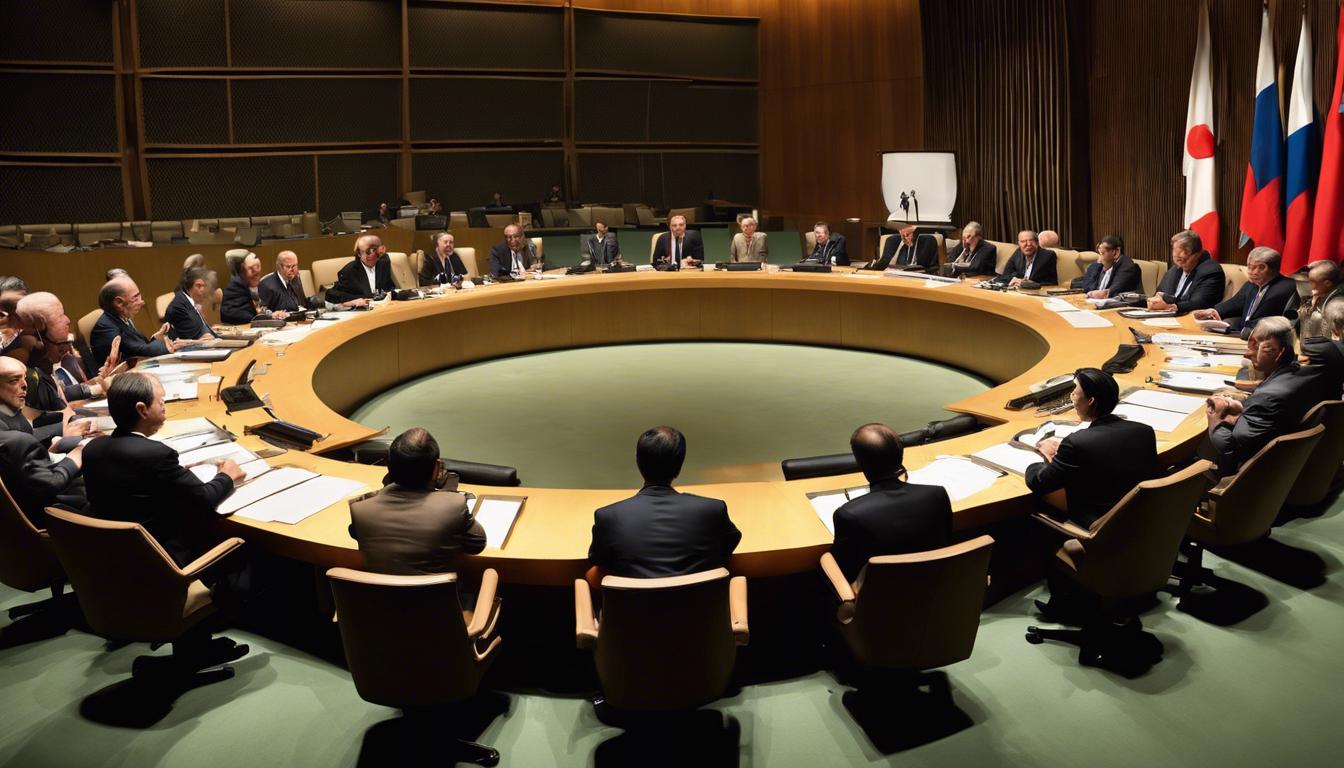As the US approves a significant $49 billion aid package for Ukraine, Russian diplomat Anatoly Antonov voices strong objections, accusing the US of escalating military tensions and putting global security at risk. Meanwhile, controversies continue at the UN and substantial US funding aims to strengthen military capacities in the Indo-Pacific.
On April 25, 2024, Russian diplomat Anatoly Antonov reacted strongly to the US approval of a hefty $49 billion aid package for Ukraine, accusing the US of escalating militaristic tensions and risking global security. The aid package includes military assistance and financial support for Ukraine, significantly aligning with US support against Russian military actions in the region. Antonov accused the US of using Ukraine as a tool against Russia and warned of potential direct confrontations between nuclear powers.
On the same day, controversy unfolded at the United Nations where Russia vetoed a US and Japan-sponsored resolution aimed at reinforcing the prohibition of nuclear weapons in space, a measure outlined in the 1967 treaty. Russian Ambassador Vassily Nebenzia criticized the resolution as overly politicized while calling for a more comprehensive ban on all weapons in space. The veto was met with criticism from US Ambassador Linda Thomas-Greenfield and heightened concerns over arms control in outer space.
Additionally, the US Congress approved extensive funding amounts, including a $5 billion allocation towards the Aukus agreement for producing nuclear-powered submarines for Australia. Australian Defence Minister Richard Marles acknowledged the critical investment, which complements the broader US initiative to allocate $17.5 billion over the next five years to strengthen its submarine industrial base. As part of the same military aid bill, the US also dedicated $12.5 billion to counter Chinese influence in the Indo-Pacific, underscoring the strategic focus on regional security and defense partnerships. This legislative package, amounting to $146.5 billion in total, was hailed by President Joe Biden as a vital support for allies in collective defense efforts.













